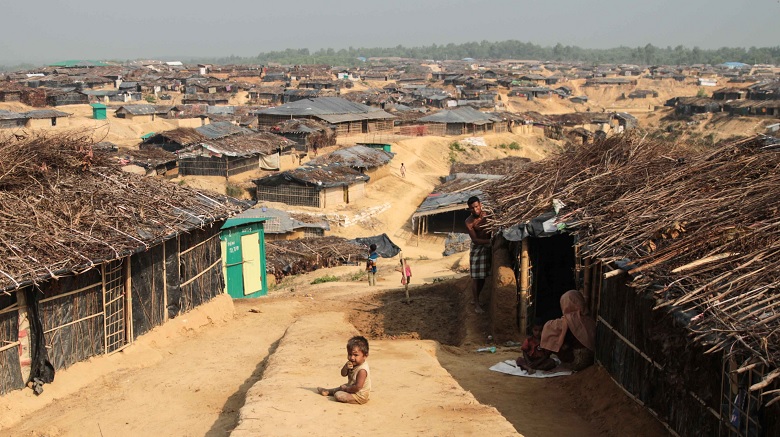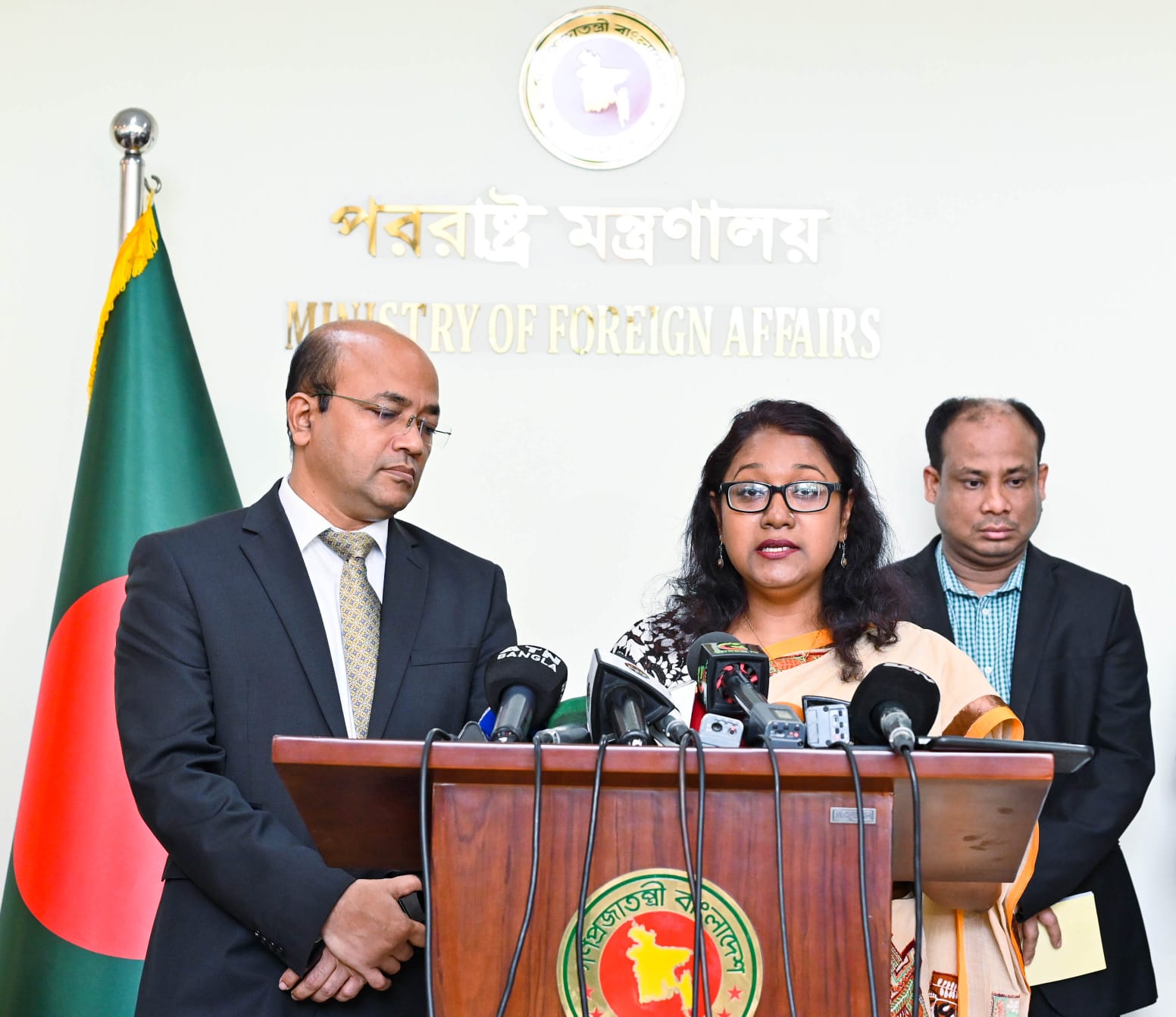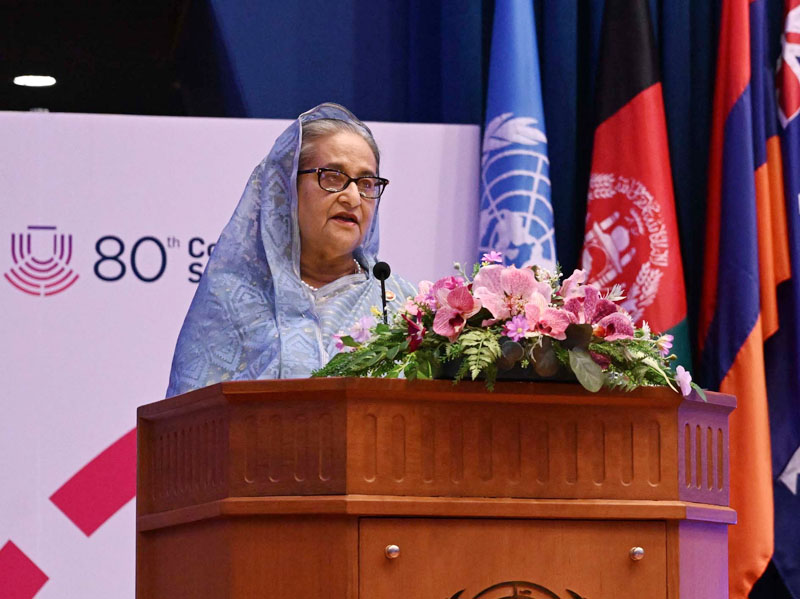The recent air quality report paints a dire picture of Dhakas atmosphere; with the city topping the list of the world’s most polluted cities for the past few days. In the Air Quality Index (AQI), Dhakas score ar a staggering 259 on Thursday morning signified an alarming level of pollution, categorizing the air as “very unhealthy” and raising serious concerns about the well-being of its residents.
Understanding the AQIs gradation, where an index of 201-300 falls under the “very unhealthy” bracket, warrants an immediate need for attention and action. The implications of such hazardous air quality extend beyond mere statistics; they directly impact the health and lives of Dhakas inhabitants.
The AQI serves as a crucial barometer, outlining the airs cleanliness or contamination and highlighting potential health risks. In Bangladesh, the AQI considers various pollutants, including particulate matter, NO2, CO, SO2, and ozone. These elements not only cloud the skies but also pose significant threats to respiratory health, leading to various ailments and tragically, premature mortality.
Its disconcerting to witness Dhaka at the apex of this concerning list, alongside cities like Wuhan, Hanoi, and Delhi, which also grapple with their own air quality challenges. The World Health Organization (WHO) emphasizes the grim reality that air pollution claims around seven million lives globally each year. Heart disease, strokes, respiratory infections, and cancers are among the grave consequences tied to prolonged exposure to polluted air.
Dhakas struggle with air pollution isn new. Its a persistent issue exacerbated during winter months, though it shows some relief during the monsoon. However, seasonal fluctuations should not deflect attention from the pressing need for sustained, comprehensive actions to address this chronic problem.
Immediate steps must be taken to mitigate this crisis. Collaborative efforts involving government interventions, stringent regulations, public awareness campaigns, and investment in sustainable practices are imperative. Embracing cleaner energy sources, improving public transportation, enforcing stricter emission standards for industries, and promoting green spaces are crucial initiatives that demand immediate attention.
The gravity of the situation demands a collective response. Government bodies, environmental organizations, communities, and individuals must come together to combat this escalating threat. Individual actions, such as reducing personal carbon footprints, adopting eco-friendly practices, and advocating for change, collectively contribute to a healthier environment.
As concerned citizens, it’s not just our right but our responsibility to demand and facilitate measures that ensure the right to clean, breathable air for everyone. The clock is ticking, and the urgency to act cannot be underestimated. Let’s transform this distressing revelation into a catalyst for meaningful change and a commitment to a healthier, cleaner Dhaka.






